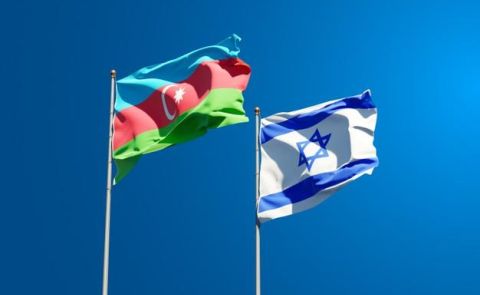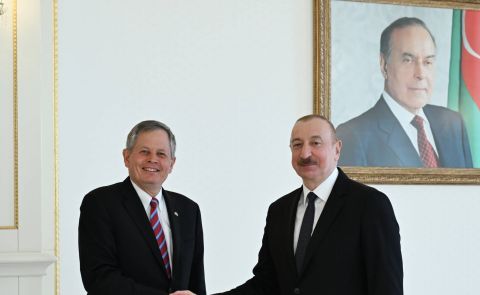
South Caucasus countries in the Freedom Barometer Europe 2019

On 25 February, the Friedrich Naumann Foundation published their Freedom Barometer Europe 2019, measuring the indicators of 45 European countries in the fields of political freedoms, economic freedoms and the rule of law.
Georgia ranked 27th, Armenia 35th and Azerbaijan 44th in the overall score. In terms of political freedoms, Georgia ranked 35th, Armenia 40th and Azerbaijan 44th. In terms of rule of law, Georgia ranked 29th, Armenia 36th and Azerbaijan 43rd. As for economic freedoms, Georgia ranked 1st, Armenia 6th and Azerbaijan 13th.
The report analysed various trends in the fields of political freedoms (free and fair elections; absence of unconstitutional veto players; freedom of press); rule of law (independence of the judiciary; corruption; protection of human rights); and economic freedoms (security of property rights; size of government: expenditures, taxes, and enterprises; regulation of credit, labour and business; freedom to trade internationally).
Armenia made a progress of 7.21 points in comparison to the previous year. Progress was recorded in almost all indicators, besides corruption and absence of unconstitutional veto players, which stagnated. The report especially praised Armenia for the improvements in the rule of law and political freedoms section in comparison to all other European states. The strong parliamentary majority of the ruling My Step faction, self-censorship and unclear ownership structures of the media outlets, the independence of the judiciary was highlighted as points of concern. The economic indicators of Armenia were mostly very positive assessed, besides the property rights which “are not sufficiently well protected.”
Azerbaijan made a regress of 0.22 points in comparison to last year. Progress was recorded in the indicators of freedom of press and protection of human rights; stagnation in the economic indicators (besides regulation of credit, labour and business); and regress in all other fields. The report outlined that in the fields of political freedoms and rule of law the country is dominated by the executive branch, most notably its President Ilham Aliyev. This poses the limitations of democratic development in the country. Economically it was stated that the country is not business friendly, that property rights are not well protected, and that free trade with Azerbaijan is also hard to achieve due to the fact that it is not a member of the World Trade Organization. Only Tajikistan ranked lower than Azerbaijan, followed by Russia and Turkey.
Georgia recorded a progress of 4.95 points in comparison to last year. It recorded progress in almost all fields, besides absence of unconstitutional veto players (stagnated), free and fair elections and freedom to trade internationally (both regress). As mentioned above, Georgia ranked first in regard to the indicators of economic freedoms in all of Europe, all 4 economic indicators were assessed very positively by the report. In terms of political freedoms and rule of law, the assessment of the country was also positive, with critical remarks being made that many irregularities on election day in the country were recorded; that decision making processes were often interfered by influential individuals, business interests or religious groups, most notably the ruling Georgian Dream party Chairman Bidzina Ivanishvili; and that there is lack of movement in the depoliticization of the Georgian judiciary.
In general, the report outlined that negative developments in the Political Freedom section continued to shape the political landscape of the majority of the countries covered, marking yet another year of democratic decline. The support to autocratic and undemocratic tendencies in societies, populist rhetoric, manipulation of public opinion and crackdown on independent institutions or even media, were all trends that had a huge impact on deterioration of democracy. A stagnation was mostly recorded in the fields of rule of law and economic freedoms.
The Friedrich Naumann Foundation for Freedom is a German foundation for liberal politics, related to the Free Democratic Party (FDP). Established in 1958 by Theodor Heuss, the first president of the Federal Republic of Germany, it promotes individual freedom and liberalism. The foundation supports local, regional, and national initiatives to advance the rights of minorities, the democratic control of security forces and for strengthening international human rights coalitions. Furthermore, the foundation assists the development of democratic and constitutional structures by supporting liberal parties and groups.
See Also

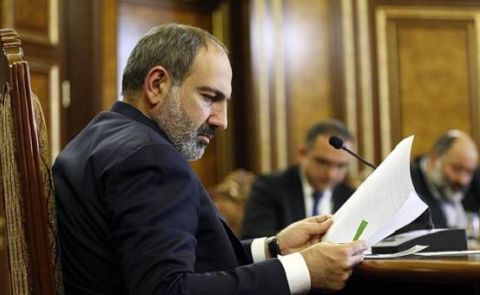
Pashinyan Commemorates First Republic Day, Highlights Progress in Sovereignty and Peace Efforts

Israeli Ambassador to Armenia Acknowledges Challenges but Optimistic About Future Armenian-Israeli Cooperation
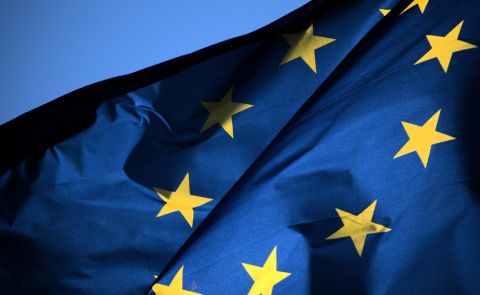
EU Plans Closer Cooperation with Azerbaijan, Georgia, Türkiye, and Other Black Sea States
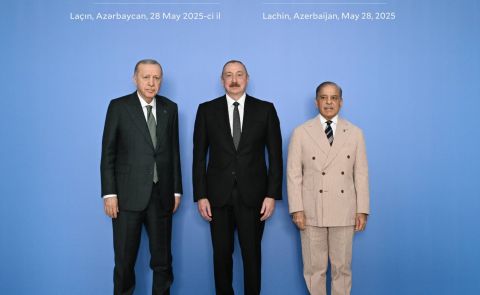
Azerbaijan, Türkiye, and Pakistan Highlight Growing Strategic Cooperation at Lachin Summit
